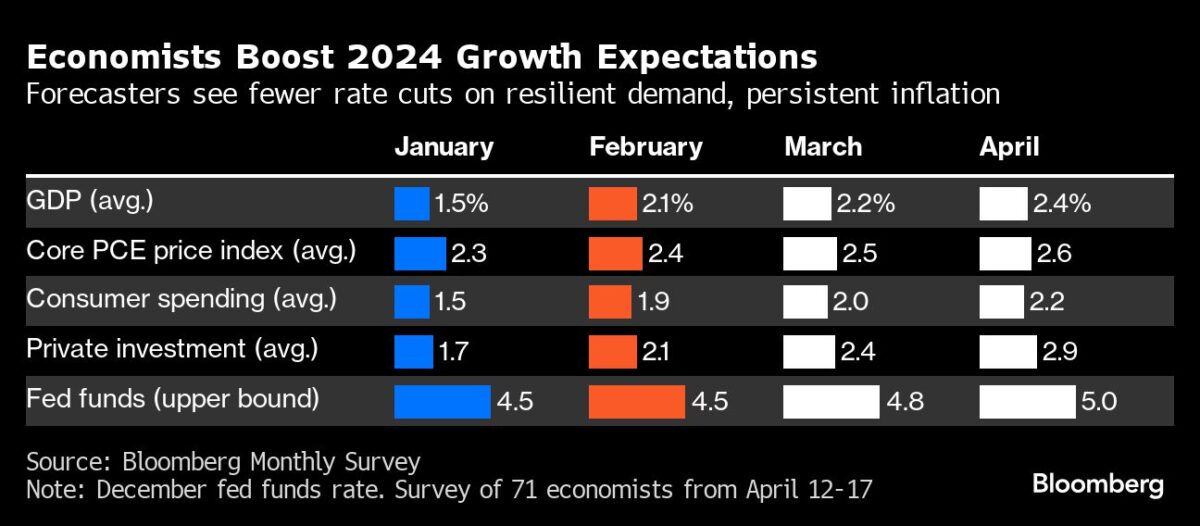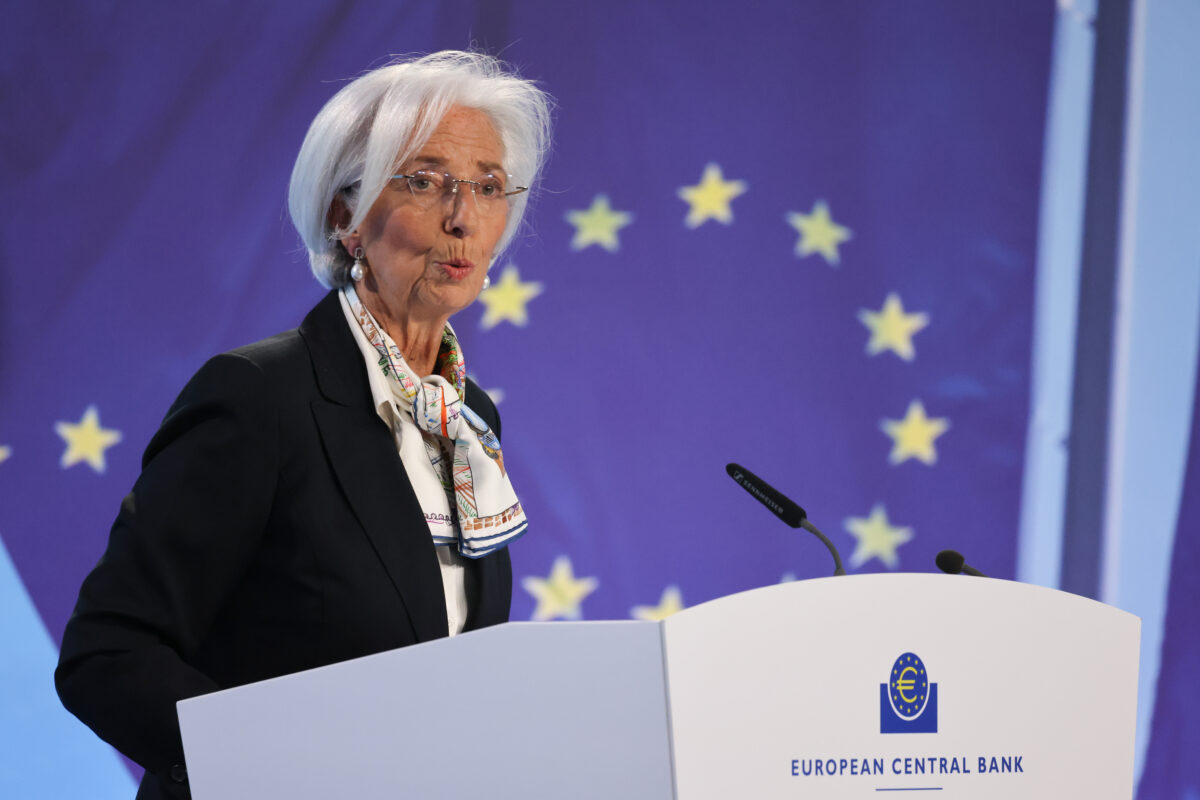Von Claudio Kummerfeld
Die relativ kleine Schweizer Bank „Ersparniskasse Schaffhausen“ zahlt 2,07 Mio US-Dollar Strafe an die US-Justiz. Diese Summe wurde festgesetzt, weil nachgewiesen werden konnte, dass die Ersparniskasse 90 US-Kunden mit einem Volumen von 65 Mio Dollar angenommen hatte, von denen sie „wusste oder hätte wissen müssen“, dass diese Kunden ihre Guthaben nicht bei der US-Steuerbehörde „IRS“ deklariert hatten.
Wie aus der Veröffentlichung des US-Justizministeriums hervorgeht, ging ein Manager der Sparkasse zusammen mit einem amerikanischen Anlagevermittler im Jahr 2008 sozusagen auf Rundreise in den USA um diverse potenzielle Kunden zu treffen. Hier wurde auch die damalige Krise der UBS schon angesprochen. Bis 2009 wurden in der Folge Nummern-Konten und Konten auf Pseudo-Namen eingerichtet. Die echten Kundennamen wurden nicht elektronisch, sondern in einer richtigen Kartei festgehalten, auf die nur wenige Mitarbeiter der Sparkasse Zugriff hatten.
Im Zuge des „Ablass“-Programms der US-Justiz, wo Schweizer Banken sich quasi selbst anzeigen konnten (Swiss Bank Program), hatte auch die Ersparniskasse Schaffhausen diese Vorgänge angezeigt – wohl um noch Schlimmerem zu entgehen. Man kann dieses Programm der US-Justiz wohl recht gut mit der deutschen Möglichkeit der Selbstanzeige von Steuersündern beim Finanzamt vergleichen. Die Banken müssen umfangreich Strafe zahlen, alles was sie über die Kunden und sonstige Transaktionen wissen preis geben etc.
Warum die Ersparniskasse sich selbst anzeigte? Nun ja, man kann mutmaßen, dass die Bank eh wusste, dass die US-Justiz ihr wie vielen anderen Schweizer Banken auf der Spur war. Aber der Hauptgrund für die Selbstanzeige wird wohl sein, dass die Schweizer Bankmanager keine Lust hatten irgendwann per Haftbefehl an die USA ausgeliefert zu werden und dort im Gefängnis zu schmoren (siehe FIFA). Hierzu das Originalzitat der Ersparniskasse:
„Darunter waren auch rund 90 Kundenbeziehungen mit einem Bezug zur USA (sog. „US-related accounts“). Diese wiesen insgesamt Vermögenswerte im Umfang von ca. USD 65 Mio. auf. Mit der nun erzielten Einigung erhält die Ersparniskasse Gewähr dafür, dass die USA keine rechtlichen Schritte gegen sie einleiten wird.“
–
–
Der Originaltext des US-Jusitzministeriums zum Fall „Ersparniskasse Schaffhausen“ liest sich fast wie ein kleiner Krimi, hier der wichtigste Teil im Original:
EKS was founded in 1817 and is wholly owned by a Swiss charitable foundation. It is headquartered in the city and canton of Schaffhausen, Switzerland. EKS opened, maintained and serviced accounts for U.S. persons that it knew or had reason to know were likely not declared to the Internal Revenue Service (IRS) or the U.S. Department of the Treasury as required by U.S. law. From 2004 through 2011, EKS accepted referrals of U.S. persons as new clients from an external asset manager who, until 2009, resided in the United States and conducted some of his business through a corporation organized under the laws of the United States. The majority of the accounts that came to EKS as a result of these referrals were held in the names of non-U.S. entities that were beneficially owned by U.S. persons.
In May 2008, with the knowledge and approval of EKS management, the external asset manager and an EKS relationship manager visited five U.S. cities to meet with U.S. clients and attorneys who had the potential to refer new clients. Topics discussed during their meetings included the “crisis” involving Swiss bank UBS AG, client satisfaction with EKS, the performance of client accounts at EKS and the “asset protection” benefits of EKS.
Until 2009, EKS opened numbered accounts for U.S. persons, including code-name or pseudonym accounts, upon request. Upon opening this type of account, an EKS employee would enter the accountholder’s name in a physical register rather than in the bank’s electronic records system. This action limited the number of EKS personnel who knew the client’s identity. Holders of these accounts could also provide documents to EKS using only their code names or numbers as their authorized signatures.
EKS provided all of its clients, including U.S. persons, with the option to request that EKS retain all mail related to a client’s financial accounts in exchange for a standard service fee. EKS understood that providing such hold-mail agreements upon request could allow U.S. persons to keep evidence of their EKS accounts outside of the United States and thus assist them in concealing assets and income from the IRS.
EKS also accepted IRS Forms W-8BEN for U.S.-related accounts held in the names of non-U.S. entities, such as foreign corporations, trusts or foundations. Because Swiss law required EKS to identify the true beneficial owners of the entities on a document called a Form A, EKS knew that these accounts were beneficially owned by U.S. persons. Nonetheless, EKS accepted Forms W-8BEN that it knew falsely stated that the entities were the beneficial owners of the accounts.
EKS was aware of the 2009 IRS Offshore Voluntary Disclosure Program for U.S. persons. Despite knowing of that program and knowing or having reason to know that some of its U.S. clients had likely not declared their EKS accounts to the IRS, EKS made no effort to encourage its U.S. clients to disclose their accounts through that program.
During 2009, consultants reported to EKS, among other things, that EKS had increased risks because of its relationship with the external asset manager; that it was only a matter of time until small banks came into contact with U.S. authorities; and that there was a latent risk that previous revenues from EKS’s “U.S. strategy” could be seized or corresponding fines imposed. According to minutes of a 2009 meeting of the EKS board of directors, an EKS executive stated, among other things, that “there is practically no risk if U.S. customers travel to Switzerland and a customer account is handled locally,” and that he had been informed that Swiss bank Wegelin & Co. was going to keep its previous U.S. customers. In October 2009, the EKS board of directors voted to continue the account relationships with clients of the external asset manager, including his U.S. clients, under certain conditions, including that his business be relocated to Switzerland. The board also voted to “have the option of entering into new cross-border business relationships.”
Since Aug. 1, 2008, EKS provided private banking services for 90 U.S.-related accounts with approximately $65 million in assets. Thirty-seven of these accounts were opened after Aug. 1, 2008. EKS will pay a penalty of $2.066 million.
–
Kommentare lesen und schreiben, hier klicken












